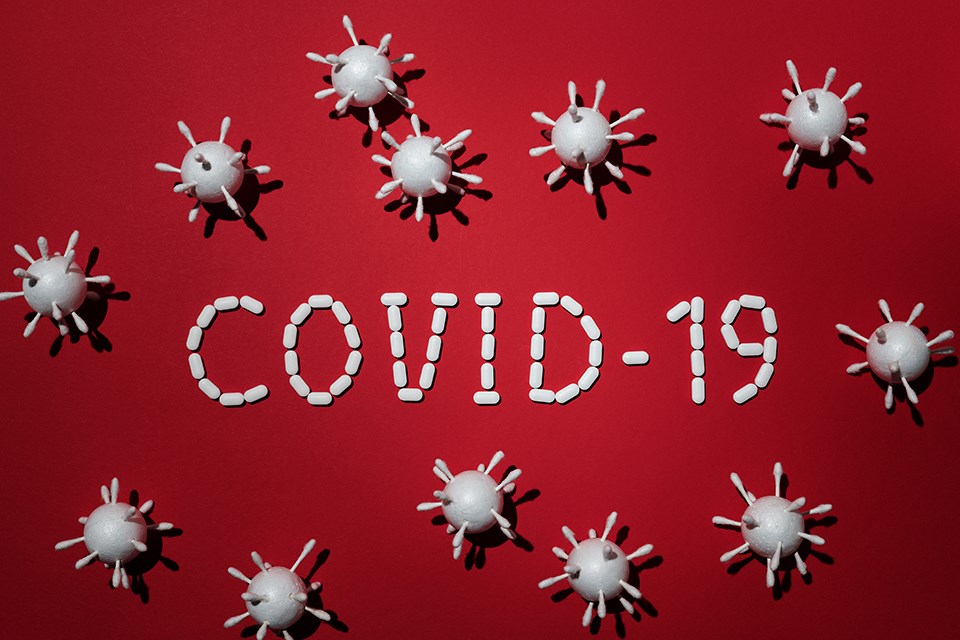Non-vaccinated people create a much higher risk of COVID-19 infection for people who are vaccinated according to a computer-modeling study published in the latest issue of the Canadian Medical Association Journal (CMAJ)
The study was authored by David N. Fisman, Afia Amoako and Ashleigh R. Tuite, a group of researchers from the Dalla Lana School of Public Health at the University of Toronto. Their article was published Monday April 25, 2022.
They wrote that the study consisted of a model of the disease with two connected subpopulations; people who were vaccinated and people who were not. It is assumed that vaccinated refers to people who have had two doses, since public health officials in Ontario have been referring to single dose recipients as partially-vaccinated.
The report said that the study simulated random mixing patterns among vaxxed and non-vaxxed groups as well as like-with-like mixtures.
"We evaluated the dynamics of an epidemic within each subgroup and in the population as a whole," said the report.
The report said that the higher risk presented by unvaccinated people "was disproportionate" and that the non-vaxxed people contributed to infections among the vaccinated at a rate higher than would have been expected based on contact numbers alone
"Although risk associated with avoiding vaccination during a virulent pandemic accrues chiefly to people who are unvaccinated, their choices affect risk of viral infection among those who are vaccinated in a manner that is disproportionate to the portion of unvaccinated people in the population," said the report.
The authors said the interpretation of their work is that regardless of precautions taken, "a substantial proportion of new cases can be expected to occur" among vaccinated people when they interact with those who are not vaccinated.
"Notwithstanding the model’s simplicity, it provides a graphical representation of the expectation that even with highly effective vaccines, and in the face of high vaccination coverage, a substantial proportion of new cases can be expected to occur in vaccinated people, such that rates, rather than absolute numbers, represent the appropriate metric for presenting the impact of vaccination. However, we find that the degree to which people differentially interact with others who are like themselves is likely to have an important impact on disease dynamics and on risk in people who choose to get vaccinated," said the study.
The conclusion of the report said the choice the unvaccinated make is likely to affect those who are vaccinated and result in the continuation of the virus.
"Using simple mathematical modeling, we have shown that, although risk associated with avoiding vaccination during a virulent pandemic accrues chiefly to those who are unvaccinated, the choice of some individuals to refuse vaccination is likely to affect the health and safety of vaccinated people in a manner disproportionate to the fraction of unvaccinated people in the population," said the report.
"Risk among unvaccinated people cannot be considered self-regarding, and considerations around equity and justice for people who do choose to be vaccinated, as well as those who choose not to be, need to be considered in the formulation of vaccination policy. It is unlikely that SARS-CoV-2 will be eliminated, and our findings will likely be relevant to future seasonal SARS-CoV-2 epidemics or in the face of emerging variants," the report concluded.
